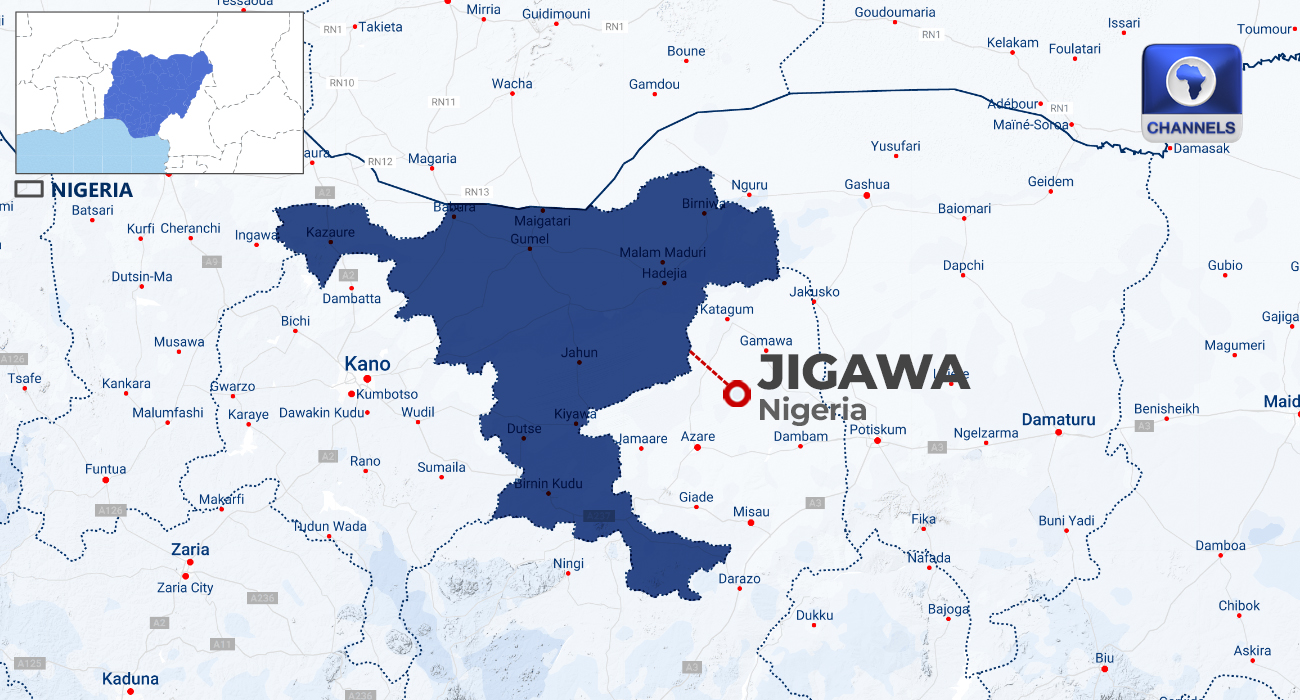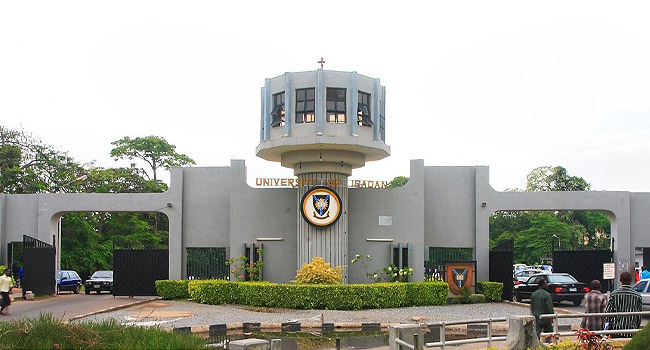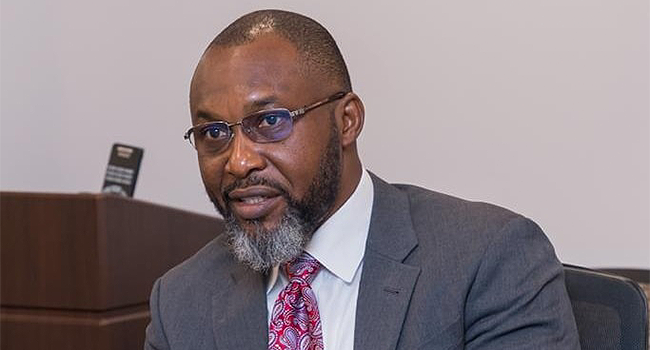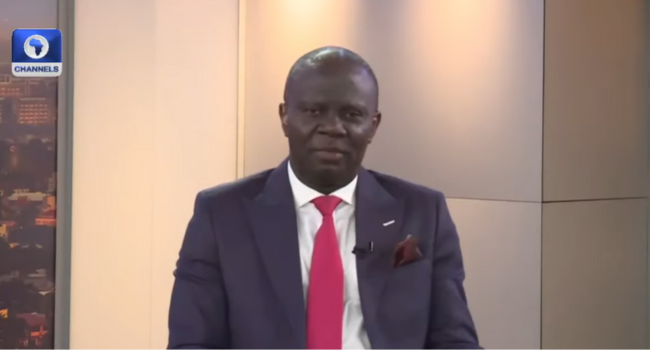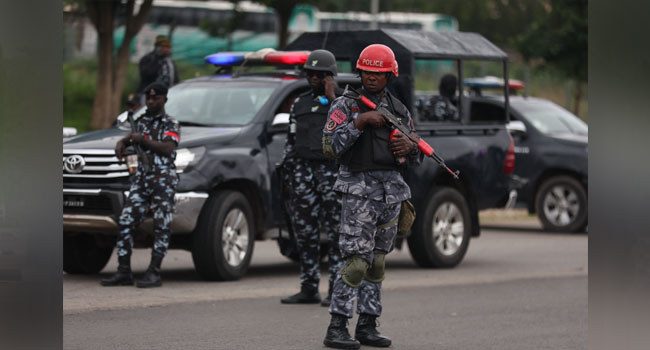
Seven people have died in a lone road crash along the Kiyawa–Azare Road in Jigawa State after a commercial bus lost control and somersaulted multiple times, police confirmed on Sunday.
The accident occurred near Jigawan Kurma village in Kiyawa Local Government Area.
According to the police, the Toyota Hummer Bus travelling from Kano to Potiskum with 18 passengers on board suffered a sudden rear tyre burst while on speed.
“The vehicle lost control instantly, somersaulted several times, and veered off the road,” a police spokesperson said, describing the scene as “severe and tragic.”
A team from the Motor Traffic Division, led by the Divisional Police Officer in Kiyawa, was dispatched to the crash site for rescue operations.
Police said seven people, including the 70-year-old driver, Mallam Ibrahim Potiskum, died on the spot.
“Seven occupants sadly could not survive the impact,” the statement added. “We have secured all recovered luggage and deposited the bodies at the hospital mortuary. Efforts are ongoing to identify and contact the families.”
READ ALSO: Road Accidents May Claim 65,000 Lives By 2030 Without Investment In Safety — Chidoka
Eleven injured passengers were rushed to the General Hospital in Dutse.
Medical officials confirmed that four of them have been treated and discharged, while the remaining victims are still receiving care.
Jigawa State Commissioner of Police, CP Dahiru Muhammad, expressed sympathy to the bereaved families.
“Our hearts go out to everyone affected by this unfortunate incident,” he said. “We pray for the quick recovery of the survivors.”
He also issued a reminder to motorists to prioritise safety on the highways.
“We urge drivers to carry out routine checks, maintain their vehicles properly, and drive with caution. Tyre bursts, excessive speed, and fatigue remain major causes of fatal crashes in Nigeria,” he warned.
Road safety experts continue to raise concerns about Nigeria’s high rate of preventable road deaths.
“Tyre-related crashes are still among the top contributors to fatalities on our roads,” one expert noted, calling for stricter enforcement of vehicle maintenance standards.
